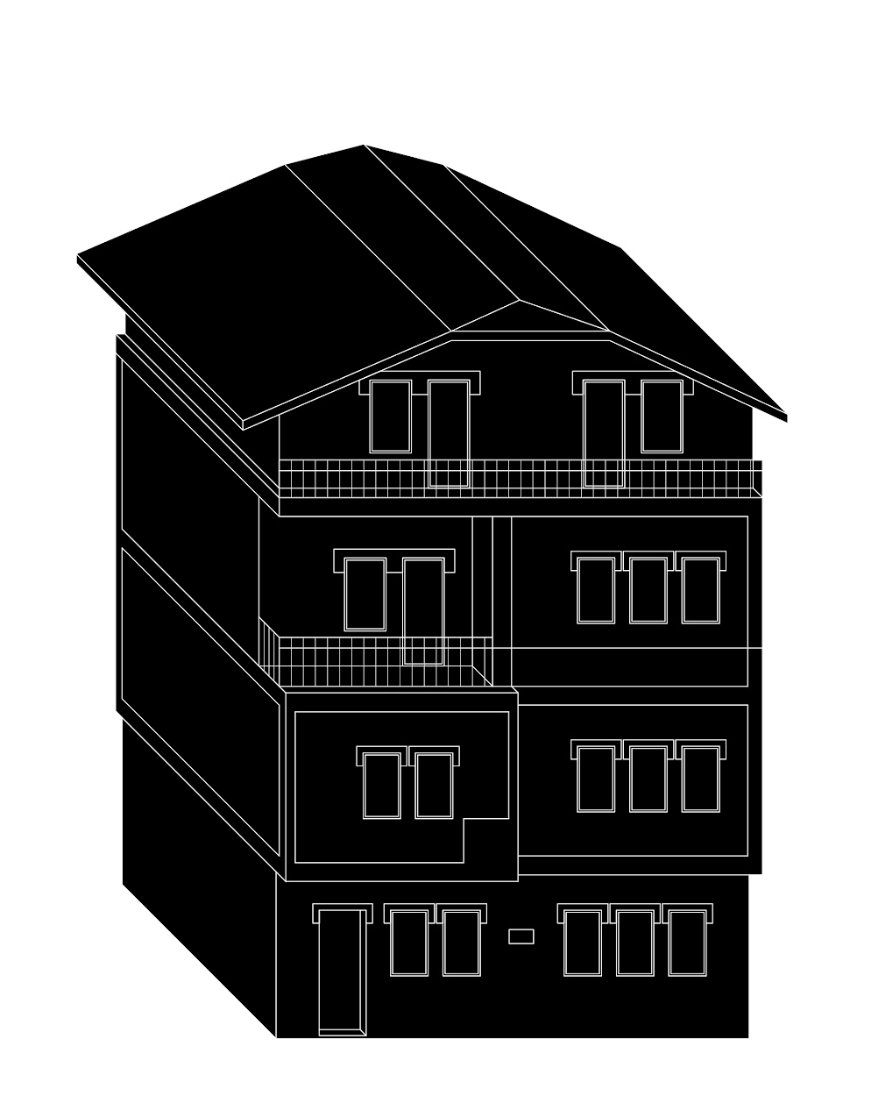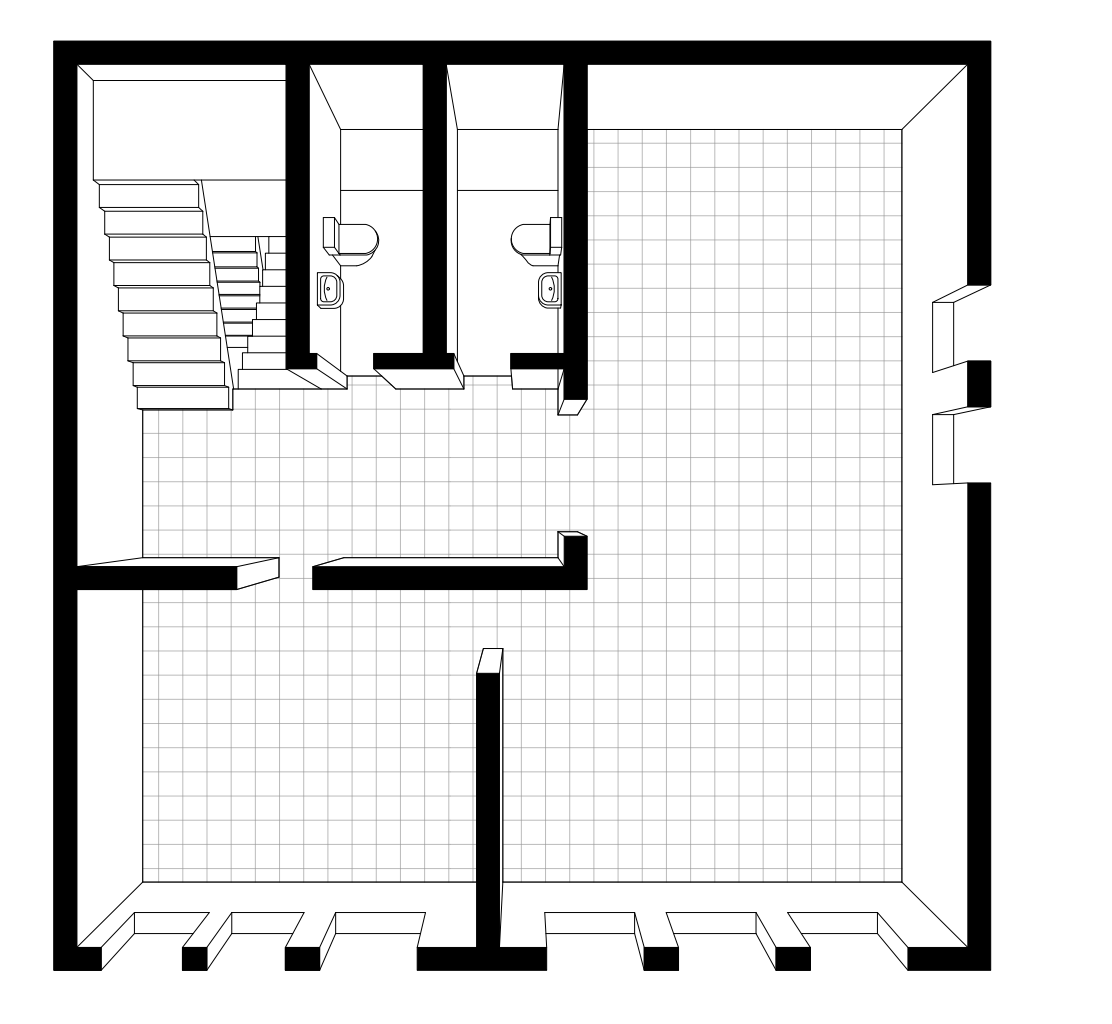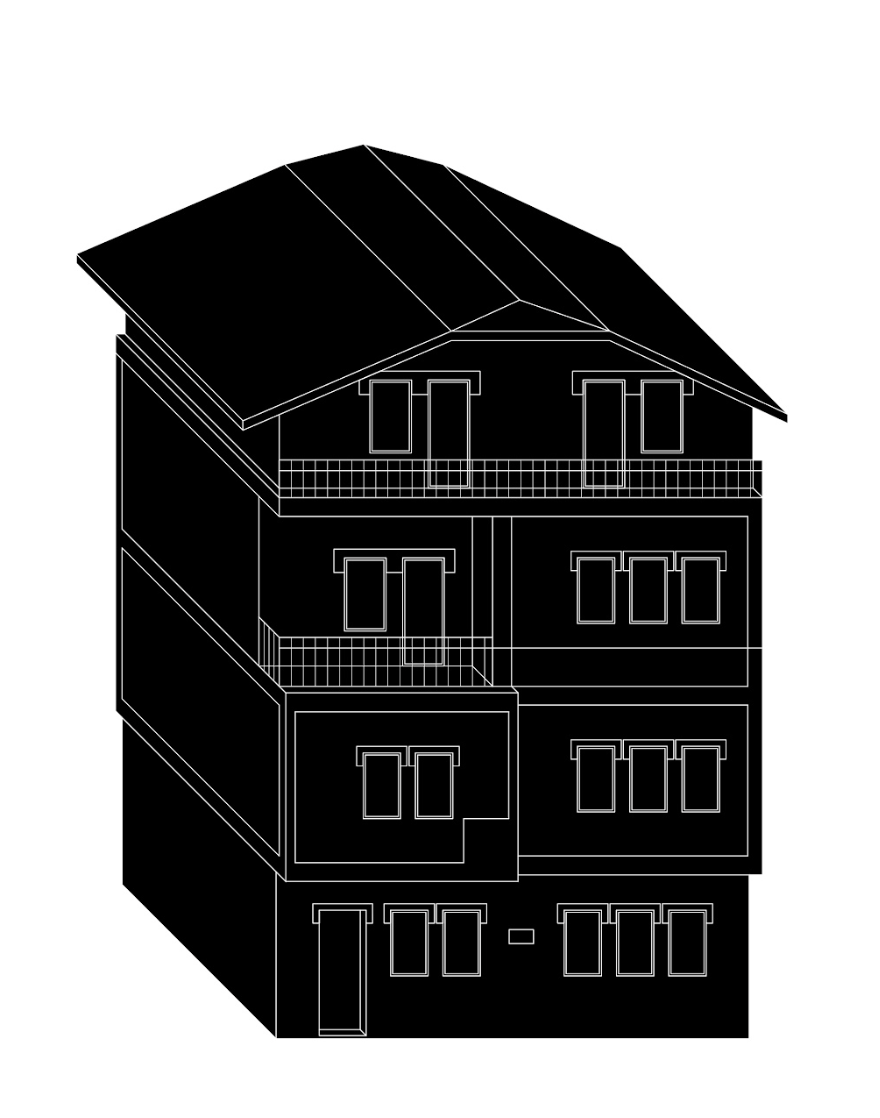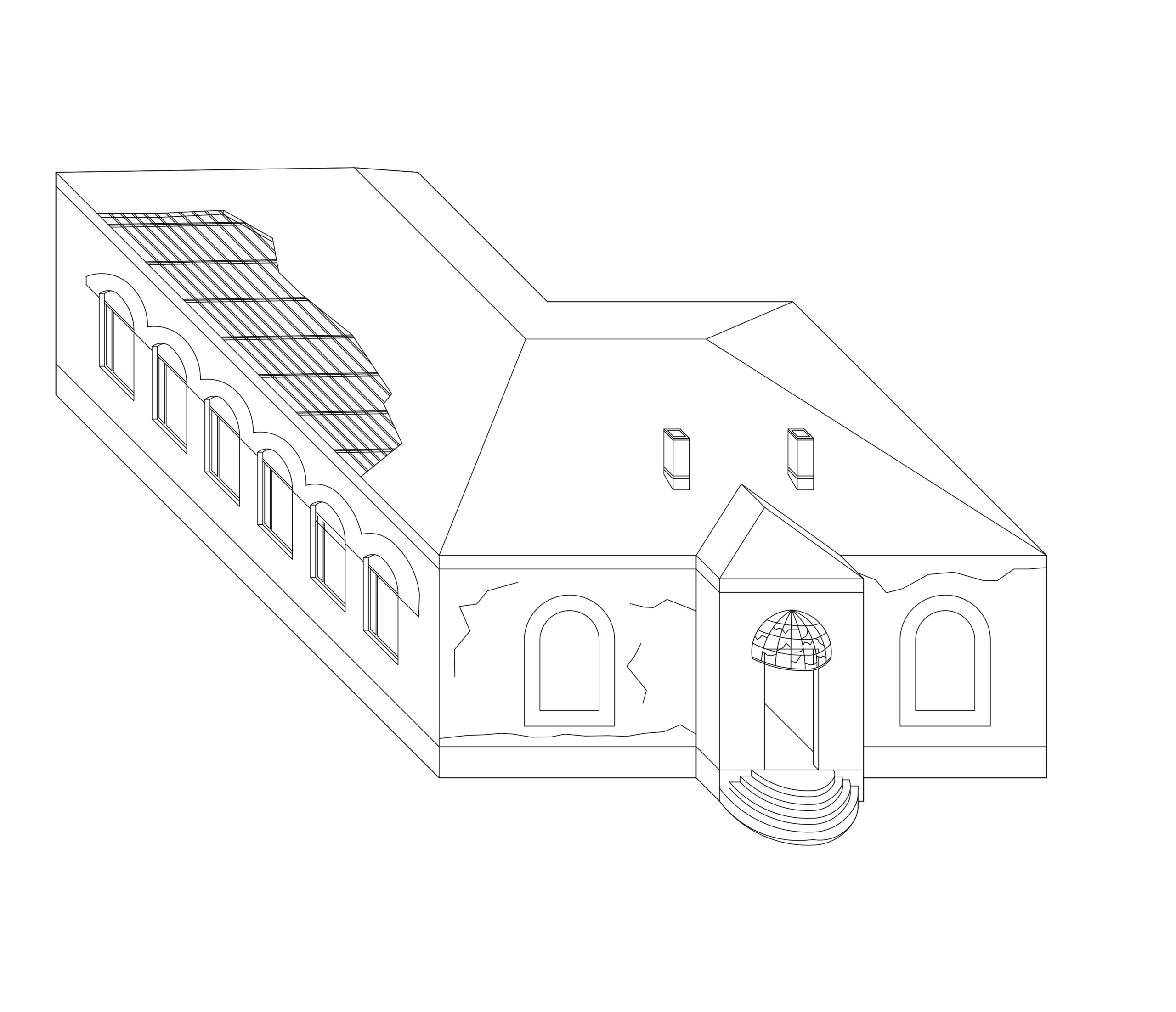>
Maternity Mother Tereza
What does it mean to be born in the 90s in Kosovo in the midst of hardship, oppression, and persecution. Albanian newborns were labeled as “War Fuel” by the Serbian regime, which had taken away, among others, the right to be born safely. The regime had excluded Albanian doctors from working and the Albanian community at large from receiving care in the state-run health care system. The Mother Teresa Maternity Ward was one of 100 houses around Kosovo turned into health centers, improvising a parallel health care system. This movement exhibited the determination of Albanian doctors to provide a safe and dignified start in life.
Only weeks after the exclusion of Albanians from the health care system, the banning of Albanian-run high schools, and the segregation of the primary education system, around 8,000 Albanian students all over the country were poisoned. Directed by the Serbian regime, the remaining medical staff, namely Serbian doctors, and nurses, refused to provide care for them at the hospital. To this day, the cause of poison remains a mystery. The horrific incident resulted in further distrust in the health care system.
This instance of refusal of medical care was not an isolated incident. Pregnant Albanian women faced the cruelty of the regime regularly, resulting in an increased rate of at-home births and a significant decrease in vaccination rates. There was an urgent need for a safe place for childbirth services for Albanian women.
In response, the Mother Teresa Society, an Albanian non-governmental organization (NGO), with the support of a group of humanitarians and Kosovo-Albanian doctors, established the first ward of its kind, in the Svirca family’s new house in Kodra e Trimave in July 1996. The humanitarian maternity ward was accommodated on one floor of the house for the first six months and was subsequently expanded to three more floors. The Mother Teresa Maternity Ward remained open until 1999, serving the Kosovo Albanian community 24 hours a day, seven days a week, with more than 100 doctors working voluntarily. The ward assisted the birth of 12,489 babies. The clinic also provided care to others who sought help, including 18 KLA resistance fighters during 1998-1999.




